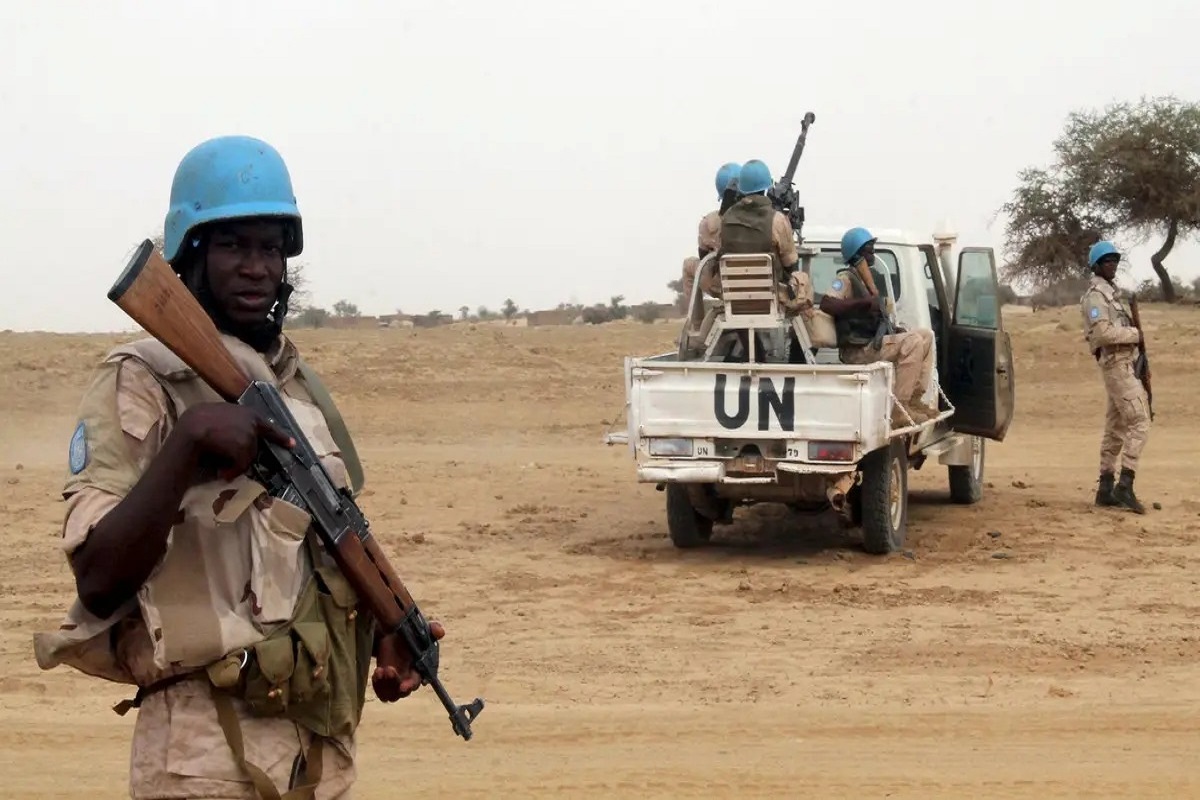- Egypt will suspend its participation in UN peacekeeping operations in Mali.
- Seven of its troops have died in attacks this year.
- The latest attack against the Egyptian contingent was on July 5.
Egypt will “temporarily suspend” its participation in United Nations peacekeeping operations in Mali after seven of its troops died in attacks this year, the UN mission MINUSMA said on Friday.
Egypt signaled its concerns in New York earlier this week, the mission said in a statement.
“We have been informed that, in consequence, the Egyptian contingent would temporarily suspend its activities in MINUSMA from August 15,” said the statement, without detailing how long the suspension would last.
MINUSMA — the United Nations Multidimensional Integrated Stabilization Mission in Mali — was launched in 2013 to help one of the world’s poorest countries cope with a bloody jihadist campaign.
[embedpost slug=”/armed-men-kill-at-least-20-civilians-in-mali-police/”]
It is one of the UN’s biggest peacekeeping operations, with 17,609 troops, police, civilians and volunteers deployed as of April, according to the mission’s website.
It is also one of the most dangerous UN missions, with 275 fatalities from attacks, accidents or other causes, according to the website.
Of these, 177 deaths have come from hostile acts, 10 of them since January.
The latest attack against the Egyptian contingent was on July 5, when two peacekeepers were killed and five seriously hurt near Gao, in northern Mali.
A UN official in Bamako said Egypt contributed 1,035 out of the total 12,261 UN peacekeeping troops in Mali.
[embedpost slug=”/un-peacekeeper-killed-in-mali-mine-blast-un/”]
“It is one of the mission’s biggest contingents,” he said.
The UN Security Council renewed MINUSMA’s mandate for one year on June 29, although Mali’s ruling military junta opposed requests to allow freedom of movement for rights’ investigators with the mission.
Friday’s announcement came a day after Mali announced that it was suspending all rotations by MINUSMA troops and police for reasons of “national security”.





















